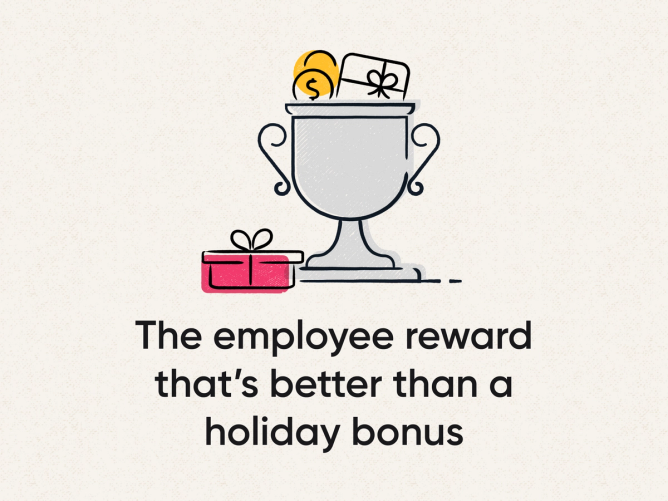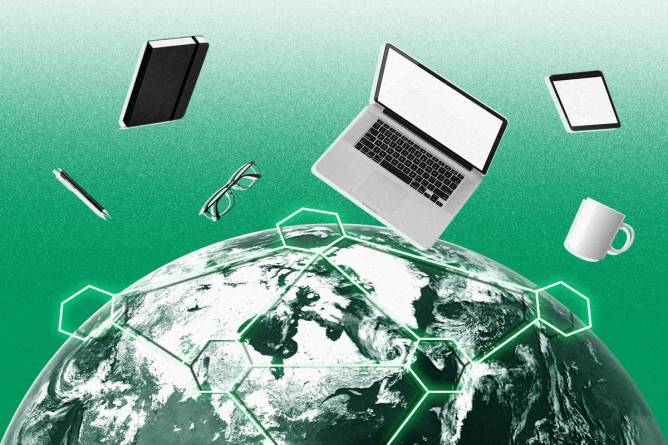Francis Scialabba
Skillsoft, a digital learning company, has undergone a series of changes in the last few years that would pose a challenge for most HR departments. The company filed for bankruptcy in June 2020 following two years of declining earnings and a drop-off in demand for its services during the Covid-19 pandemic. In October 2020, Skillsoft announced a deal to go public via an acquisition by Churchill Capital Corp II, a special-purpose acquisition company.
Since this deal was completed in June 2021, Skillsoft has sold off a business and bought others. Among the companies it has acquired over the past two years are Codecademy, a platform offering coding classes, and Pluma, a personalized coaching platform.
As Skillsoft’s chief people officer, Ciara Harrington has been focused on getting the company’s 2,000+ employees “harmonized and aligned.”
“When we came together, it was quickly. It was a lot of companies bolted together,” said Harrington, who has been serving in the role for about a year. “And we are really, really trying to drive home a set of core values and principles.” She told HR Brew her team has been using analytics and AI to understand the biggest challenges Skillsoft faces in guiding employees through this transition.
Keep reading here.—CV
|
|
Honoring your employees is a simple and effective way to build an engaged workforce. But finding a meaningful way to say “thanks” is half the battle.
Luckily, Tremendous knows exactly how to recognize employee accomplishments—and they’ve got a blog that breaks down everything you need to know about implementing your own system.
Here’s a glimpse into how Tremendous can help your biz honor, encourage, and engage:
- employee recognition programs (Cash-based recognition between $50 and $200 can reduce employee turnover by 43%.)
- turnover reduction (Companies lose between 90% and 200% of the original employee’s salary every time they replace a worker.)
-
delivery methods (How you distribute incentives is just as important as what you send.)
Ready to invest in your workplace? Say hello to happy employees.
|
|
Artemisdiana/Getty Images
Everyone has some level of bias, no matter how well intentioned they may be. That’s why it’s important to identify and overcome biases—to make sure they don’t impact how someone treats another person.
Now, research suggests there may be a new way for employers to reduce the level of unconscious bias in the hiring process.
A paper from Cornell and Duke Universities entitled “Encouraging Self-Blinding in Hiring” found that when given the option to see potentially biasing information about job candidates, hiring managers are more likely to choose not to opt in. Many applicant systems require hiring managers to opt out of seeing the information, which can cause recruiters to consider traits like race, gender, and ethnicity, according to a Cornell Chronicle article.
The report pinpoints two takeaways for recruitment teams.
Keep reading here.—KP
|
|
Francis Scialabba
Around 186 countries have paid maternity leave. But in one country where women are struggling to stay in the workforce, companies are expanding maternity-related benefits.
Where in the world? With a population of 1.4 billion people, India is the most populous country in the world. Although women are guaranteed at least 26 weeks of paid maternity leave and offices with more than 50 women must provide onsite daycare in India, the number of women working there has been on the decline since 2005. India’s workforce participation rate for women is around 19%, making it among the lowest in the world, NPR reported.
Some financial institutions in the country are trying to keep new moms in the workforce by investing in more family benefits, Bloomberg reported. For example, HSBC covers the cost of a nanny for up to six years, while Morgan Stanley will pay for taxi transport for pregnant workers. And Citigroup announced this month that new mothers can work from home in their third trimester and for up to a year after they return from maternity leave, according to Bloomberg.
Satellite view. In the US, where there is no federally guaranteed maternity leave, these same companies offer working mothers very different options. Citigroup offers 16 weeks of guaranteed leave to birthing parents in the US, and 20 days of backup childcare per child annually. Morgan Stanley’s leave policies are similar to Citigroup’s, but it also offers discounts on childcare.
Keep reading here.—KP
|
|
TOGETHER WITH HEALTH ACTION ALLIANCE
|
|
Barbie and belonging: Join leaders of Mattel, Walmart, and more at the Mental Health Equity at Work Summit, a virtual event to help HR leaders foster an inclusive culture of mental well-being in the workplace. You’ll get unique insights, examples, and tools you can use to support your team. Save your spot.
|
|
Francis Scialabba
Today’s top HR reads.
Stat: Around 83% of knowledge workers globally say they’re willing to earn less money if it means being happier at work. (HP)
Quote: “When you have an introduction of new technology into a mature industry, there are opportunities where it can be used by employers to undermine strong collective bargaining contracts.”—Greg Regan, president of the Transportation Trades Department, on how the future of AI is impacting workers now (Wired)
Read: Two Black former TikTok workers are suing the company for discrimination, alleging they were fired after filing discrimination complaints with HR. (NPR)
Brain gains: Your employees crave learning experiences on the job. HR pros, here are 4 L&D metrics your team should be measuring. Check them out in our latest article, sponsored by PwC.*
Tend to your talent: Curious about the current state of hiring? Check out our latest article to see how HR decision-makers adapt to change—and how top companies retain their best and brightest. Together with CareerBuilder.*
*A message from our sponsor.
|
|
|







